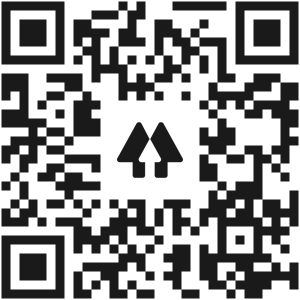September 04, 2024

In an era where globalization narrows the gap between markets and cultures, quality assurance (QA) has emerged as a critical differentiator for businesses striving to maintain competitiveness and earn consumer trust. As a consultant and publisher with extensive experience in this domain, I will unfold the strategies for elevating QA on a global scale, highlighting the successful case of SK Agency.
Understanding the Global QA Landscape
The global market presents a diverse array of standards, regulations, and consumer expectations. Navigating this complexity requires businesses to adopt a robust, adaptable QA framework that aligns with both local and international standards. The challenge lies in the ability to harmonize these requirements without compromising on quality or efficiency.
Strategy 1: Embrace Technological Advancements
Technology plays a pivotal role in enhancing QA processes. Automation, artificial intelligence, and machine learning can streamline testing procedures, reduce human error, and provide real-time insights into product quality. Implementing these technologies allows businesses to efficiently manage QA across multiple geographies.
Case Study: SK Agency
SK Agency, a leader in digital solutions, exemplifies the transformative power of technology in QA. By integrating AI-driven testing tools, SK Agency reduced its testing cycle times by 30% while maintaining a high standard of quality. This strategic move not only enhanced productivity but also allowed for more flexible and scalable QA processes across their worldwide operations.

Strategy 2: Cultivate a Global QA Culture
A strong QA culture is integral to ensuring consistent product quality. This involves training employees on QA best practices, fostering open communication, and promoting a shared vision of quality excellence. Companies should encourage cross-cultural exchanges to understand diverse quality expectations and incorporate them into their QA policies.
Strategy 3: Leverage Data Analytics
Data analytics provides actionable insights that drive continuous improvement in QA. By analyzing trends and patterns, businesses can predict potential quality issues and implement preventative measures. This proactive approach minimizes risks and enhances overall product reliability.
Strategy 4: Foster Collaborative Partnerships
Collaborations with local partners and international organizations can enhance QA practices. These partnerships provide access to new technologies, local market insights, and regulatory expertise, enabling businesses to adapt swiftly to changing environments.

The success story of SK Agency underscores the importance of innovation and adaptability in the pursuit of quality. As companies continue to expand globally, those that prioritize QA will not only meet the expectations of today’s discerning consumers but will also set the standard for future industry practices. Through strategic planning and execution, businesses can transform quality assurance from a compliance requirement into a powerful competitive advantage.
Elevating quality assurance on a global scale is not merely about adhering to standards; it’s about setting new benchmarks for excellence. By harnessing technology, cultivating a QA-focused culture, leveraging data, and fostering partnerships, businesses can enhance their global QA strategies.
Anasacia Edwards-Kurianova| MBA
AI Engineer | Seasoned Executive | Lead Auditor | Consultant

Information contained on this page is provided by an independent third-party content provider. Binary News Network and this Site make no warranties or representations in connection therewith. If you are affiliated with this page and would like it removed please contact [email protected]



Comments